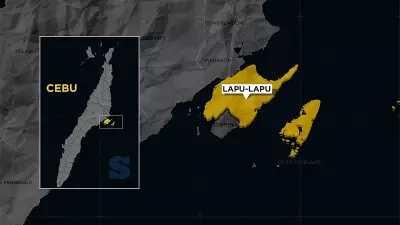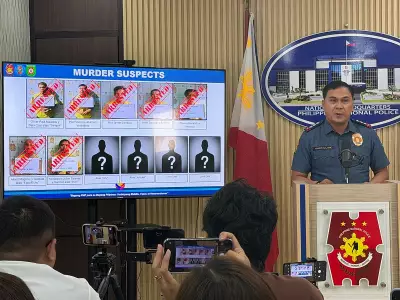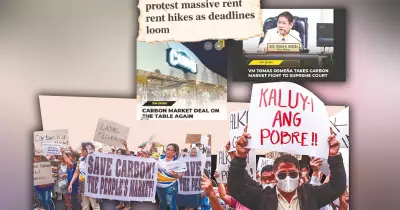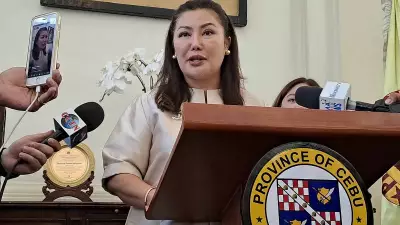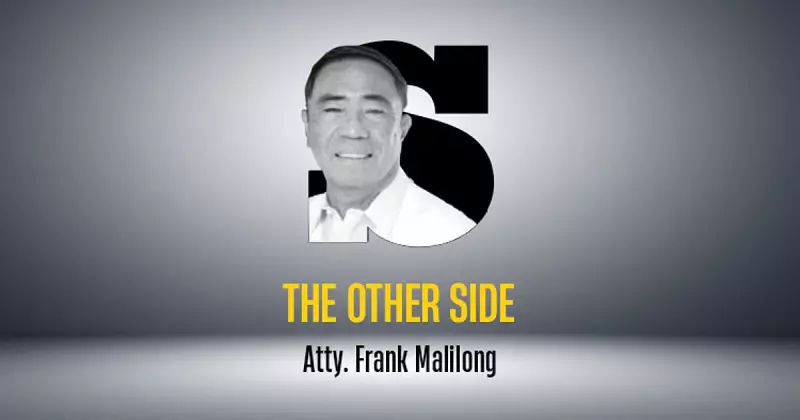
Frank Malilong, brother of Cebu Governor Gwendolyn Garcia, has broken his silence to condemn what he describes as unfair treatment toward his sister and their family in both media coverage and political discourse.
In a recent column that has sparked widespread discussion across Cebu, Malilong expressed his frustration with what he perceives as persistent bias against the governor. "I have kept my peace for so long," he wrote, "but there comes a point when silence becomes complicity."
The Heart of the Controversy
Malilong specifically addressed recent criticisms directed at Governor Garcia, arguing that many accusations lack factual basis and appear driven by political motivations rather than genuine concern for public welfare. He emphasized that while constructive criticism is essential in democracy, baseless attacks cross the line into character assassination.
"My sister has dedicated decades to public service," Malilong stated. "She has implemented numerous projects that have genuinely improved the lives of Cebuanos. Yet, some quarters seem determined to undermine her accomplishments through unfair portrayal and selective reporting."
A Brother's Defense
What makes Malilong's defense particularly noteworthy is his admission that he doesn't always agree with his sister politically. "We've had our differences," he acknowledged, "but fairness is fairness. When I see someone being treated unjustly, regardless of our relationship, I feel compelled to speak up."
This admission lends credibility to his argument, suggesting his defense stems from genuine concern about unbalanced criticism rather than blind family loyalty.
Broader Implications for Cebu Politics
The Malilong family's prominent position in Cebu politics makes this controversy particularly significant. Frank Malilong's decision to publicly address these concerns highlights the increasing polarization in local political discourse and raises important questions about media responsibility in covering political figures.
As the debate continues, many Cebuanos are watching closely to see how this will affect Governor Garcia's administration and whether it will lead to more balanced coverage of local governance issues.
One thing remains clear: in the complex landscape of Philippine local politics, the line between legitimate criticism and unfair treatment continues to generate heated discussion among stakeholders and observers alike.

